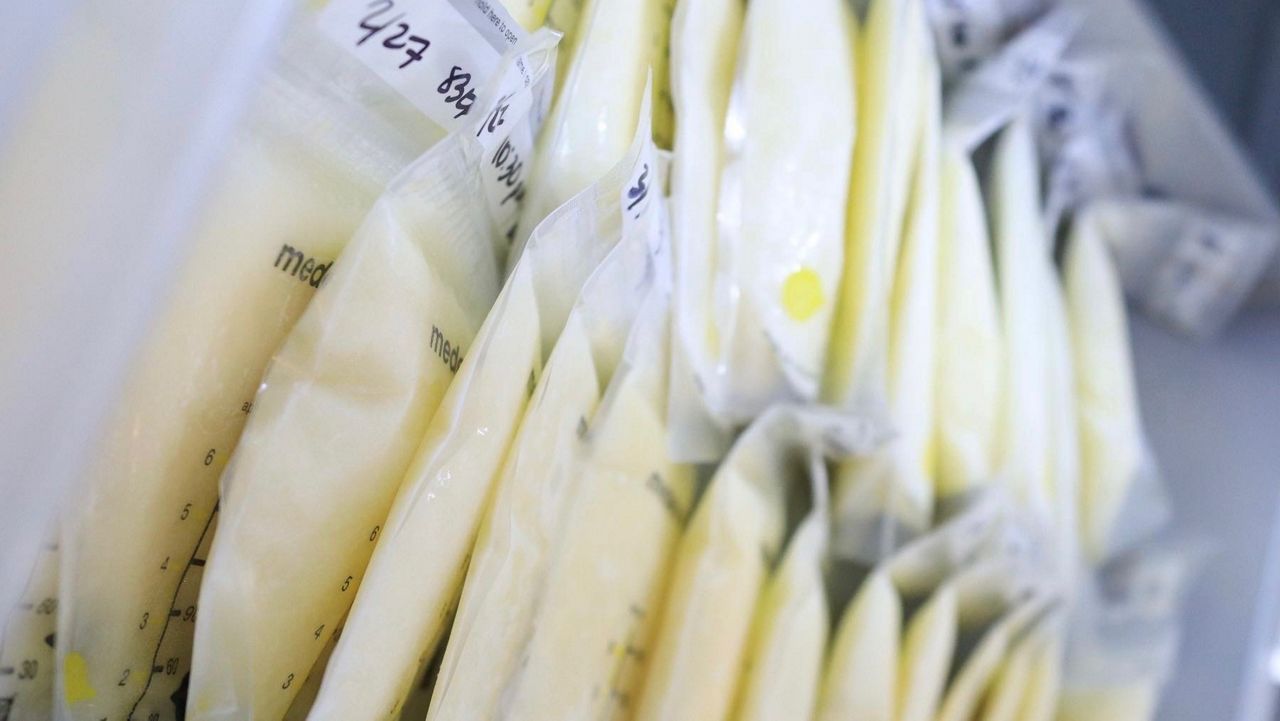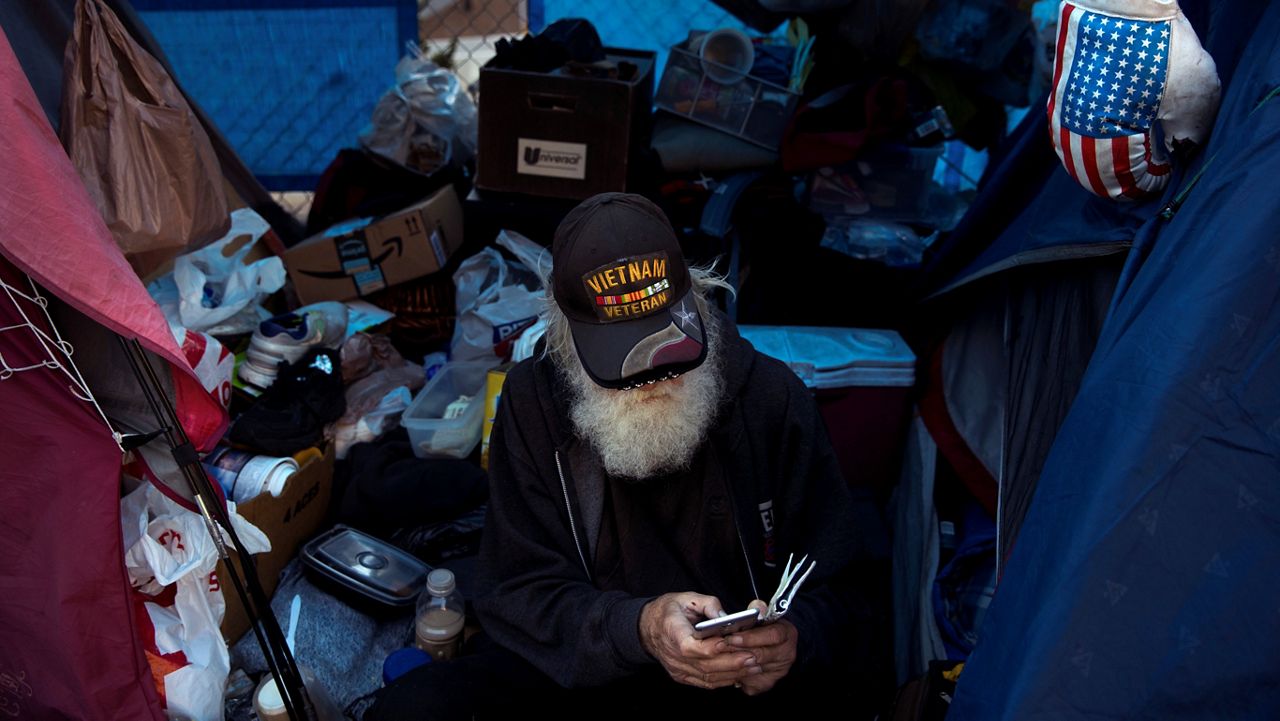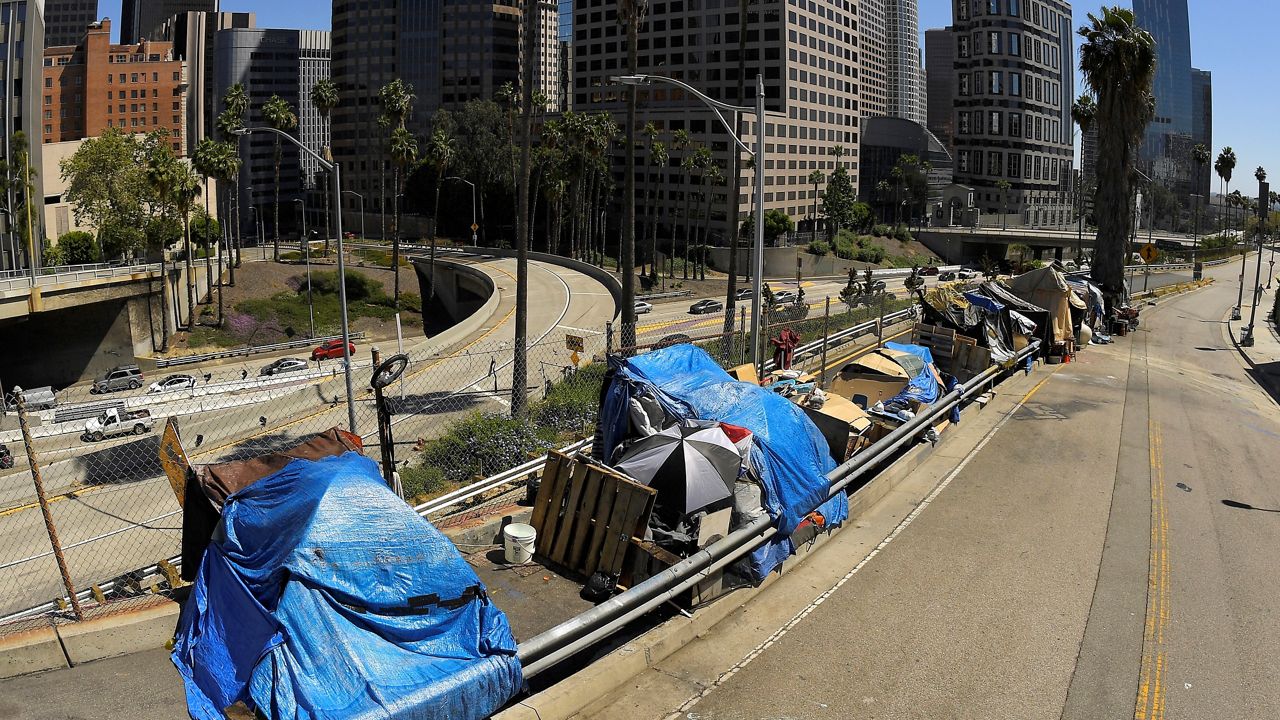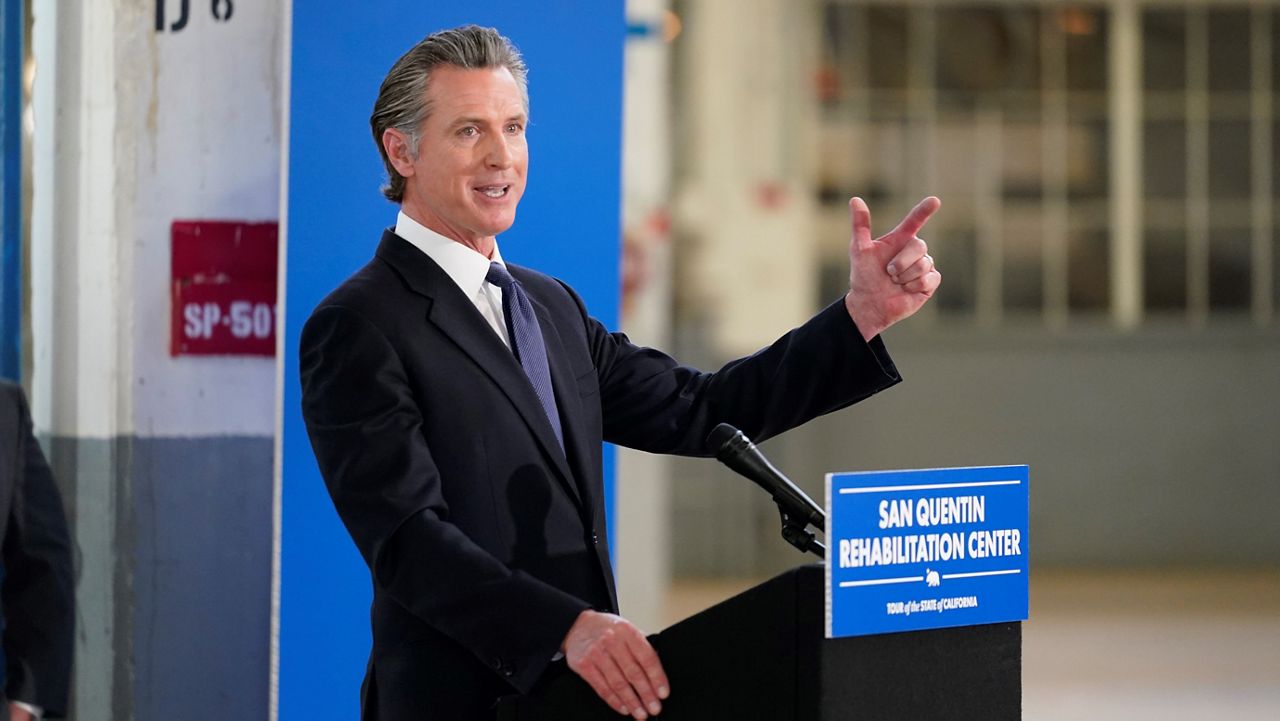Positive cases of the coronavirus are increasing in Los Angeles County in recent weeks, packing hospitals across the Southland.
Benjamin Cioppa-Fong, an emergency room nurse, tells Inside the Issues hospitals are beginning to pitch tents outside, once again, to handle the increase of patients.
“I’m hesitant to call it a surge, because I don't think that we are there yet, but we have had a lot more patients and the patients that we're getting are quite sick, whether it's COVID-related or not,” he said. “It's different now because, with COVID, it's hard to tell who has it.”
Not everyone is symptomatic, he explained, and they try to screen people the best they can, but according to Cioppa-Fong, many patients are confused about what to do with symptoms.
“Not everyone is always honest or know what they're experiencing. Like, you ask people if they have a fever, they'll say no, we take their temperature, it’s 100.5 [degrees fahrenheit],” he said. “They could’ve had a fever for a couple of days and just adjusted to it. They could just run hot. They could have been in air conditioning for most of the time. So it's really hard for us to know who has it and trying to screen them when coming in.”
Nurses are separating patients and most are in private rooms so as not to be a risk to others.
“It's very hard to develop a rapport with patients because we're wearing a mask, we might be wearing PPE, and we look scary to them,” he said of the challenges. “I think that a lot of them feel like they're being put at risk coming into the hospital because everything looks so scary to them. What we want to convey is that it is safe to be here and us wearing all of this is to keep you safe and to keep everyone else safe.”
Hospital personnel are seen wearing protective glasses, masks, gloves, and other gear in an effort to prevent the spread of COVID-19.
“It’s exhausting, honestly, to have to put everything on, wear it around, take it off, wash your hands every single time you touch something,” he said. “We’re touching keyboards, we’re cleaning keyboards constantly. We’re washing our hands before we go in, we’re washing our hands when we come out.”
But, Cioppa-Fong’s day doesn’t end when he clocks out.
“Coming home is an even bigger process, I'd say, for me, because you want to make sure that you didn't get it in your car, that you didn't bring it home, track it through the house. I'm wiping down things before I leave work, I’m wiping down my car when I get home, I'm going straight to the shower, my scrubs go right in the laundry,” he explained. "I don't touch my dogs, I only have dogs, and I don't say hello to my husband, even before I go in the shower.”
He would like to see more people wear masks when they are in public.
“It's frustrating, honestly. It shows that, as Americans, we really have lost that sense of neighborly caring for one another,” he said. “It's frustrating for me to watch people get into arguments over wearing a mask when I have to wear a mask everyday at work and have had to. This is nothing new for us at work.”
Cioppa-Fong has a health concern and is unsure of how his body would respond, should he contact the virus.
“Personally, I have severe asthma so if I end up contacting COVID, I may end up intubated in ICU, we don’t know,” he said. “You can commit to wearing a mask for a month or two months, we could probably slow this down enough that this isn’t the new normal for us and we could move on with our lives, but that’s not the case right now.”
Let Inside the Issues know your thoughts and watch Monday through Friday at 8 and 11 p.m. on Spectrum News 1.











